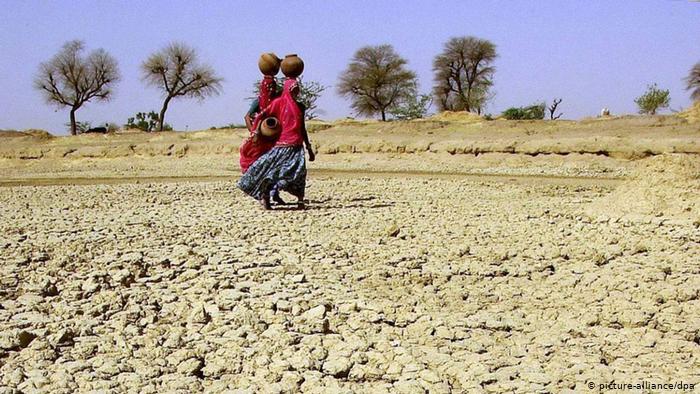Saba Rajkotia
21st February 2020
India’s impending water crisis is becoming harder to ignore. Statistics show that in just 10 years, India could face a water shortfall of almost 50 percent. Should we continue on our current trajectory, it is our rural communities that will be affected most. Over half of India’s rural population work in agriculture, and farming accounts for over 80 percent of the country’s freshwater use.
Research conducted by The Water Project, Reuters and Hindustan Unilever Foundation has discovered that Indian women will be the ones bearing the brunt of the crisis. This is so for a number of reasons.
Women are charged with gathering water every day for use on their land and in their homes. As India is running low on ground water, women in rural villages are having to walk further and further to obtain it. According to The Water Project, Indian women can take up to six trips a day to gather and transport water – walks can average ten miles a day, and women carry up to fifteen litres every trip. Spending most of their time collecting water means that women are stripped of the time they need to focus on other essential needs. Like making a stable income, caring for their children and in the case of young girls, getting a proper education.
Women also represent 37 percent of the agricultural workforce in India. As more and more males leave villages for jobs in the cities, women have been left to take on the role of cultivators and farm labourers. As such, a water crisis will severely impact their ability to irrigate their fields and maintain their livelihood.
Ranjana Kumari of the Centre for Social Research tells Reuters that in addition to the physical strain of collecting water, women also suffer from the emotional stress of managing with little water, and maintaining menstrual hygiene. Furthermore, due to their frequent contact with potentially unsanitary water, women are at risk for infections from water-borne diseases like trachoma and leptospirosis, or hepatitis A.
Although women will be disproportionately impacted by the impending water crisis, they are also the key to India’s long-term water security. They produce 60-80 percent of the food and 90 percent of the dairy products in our country. Arpit Jain and Reshma Anand of Hindustan Unilever Foundation find a number of reasons why we should look to women to address water scarcity.
Women are effective at passing on their knowledge to their children and families, and are critical for educating the future generations. Training and teaching women about the importance of water management will be an effective way of ensuring that there is long-term concern for water scarcity amongst the population.
Women are more likely to mobilise government funds. The results of development programs in West Bengal suggest that women can constructively influence public officials to impart government funds. With these funds, they have built ponds and reservoirs that provide a water supply to their communities. This may be an effective way of helping communities develop facilities to address their water needs.
According to UNICEF, women are effective at mechanics and can successfully maintain and repair water facilities. For example, work on water pumps that used to take over a month to fix, was completed by women in under 24 hours. In a similar vein, women have a positive effect on the outcome of projects when they are included in a technical and decision-making capacity. They also adopt new technologies and sustainable farming methods with enthusiasm – with the right training and knowledge they can be drivers of change.
The Hindustan Unilever Foundation maintains that women-led community institutions and women farmers can lead the way in the fight against water scarcity. We must enable and empower women to be front and centre of India’s new water governance and regulatory framework.


